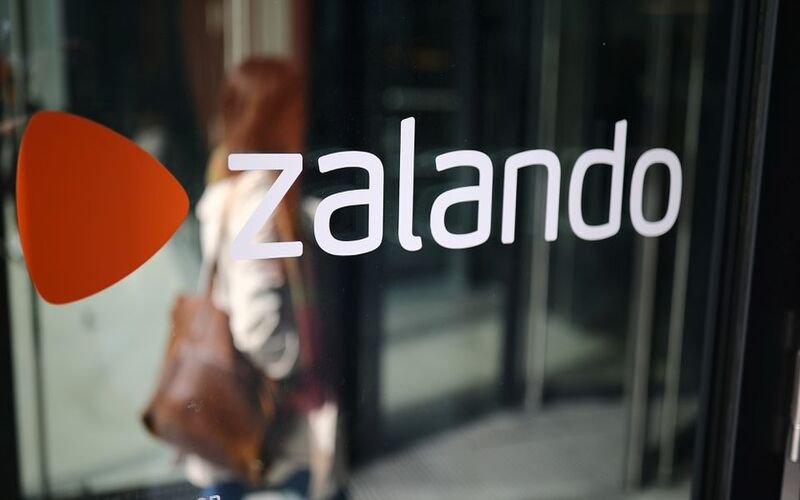Zalando (ZALG.DE), Europe’s largest online fashion retailer, sued the European Commission on Tuesday for classifying it with Alphabet’s (GOOGL.O) Google and Meta Platforms (META.O) under new and strict EU online content rules.
With over 45 million users, Zalando was classified as a very large online platform (VLOP) under the Digital Services Act (DSA) last year.
In April, EU industry director Thierry Breton declared 19 online platforms and search engines VLOPs, including five Alphabet companies, two Meta entities, two Microsoft (MSFT.O) enterprises, Twitter, Alibaba’s AliExpress, and Zalando.
Germany’s Zalando challenged the labeling system at Europe’s top court, the Court of Justice of the European Union in Luxembourg.
The company argued the Commission ignored its hybrid business model and the fact that it did not disseminate damaging or illegal third-party content.
The European Commission misconstrued our user counts and ignored our retail business model. “Our Partners connect with far fewer European visitors than the DSA’s VLOP threshold,” Zalando CEO Robert Gentz noted.
Zalando said its retail division, which comprised 64% of its gross merchandise sales last year, shouldn’t be considered because the DSA doesn’t apply to retail services.
It claimed two programs where brands, merchants, and brick-and-mortar stores sell directly to customers have 31 million average monthly active users, below the DSA level of 45 million.
Breton said the DSA also prevents illegal or harmful products from entering the EU, safeguards children from buying age-inappropriate or unsafe products, and removes counterfeit goods from e-commerce platforms.
“Complying with the DSA is not a punishment – I encourage all platforms to see it as an opportunity to reinforce their brand value and reputation as a trustworthy site,” he said.
An EU official said the Commission would litigate. “I am confident in our methodology and the fact that our approach is non-discriminatory and ensures a level playing field across the board,” the official said.
DSA infractions can result in a 6% worldwide turnover fine.

















































